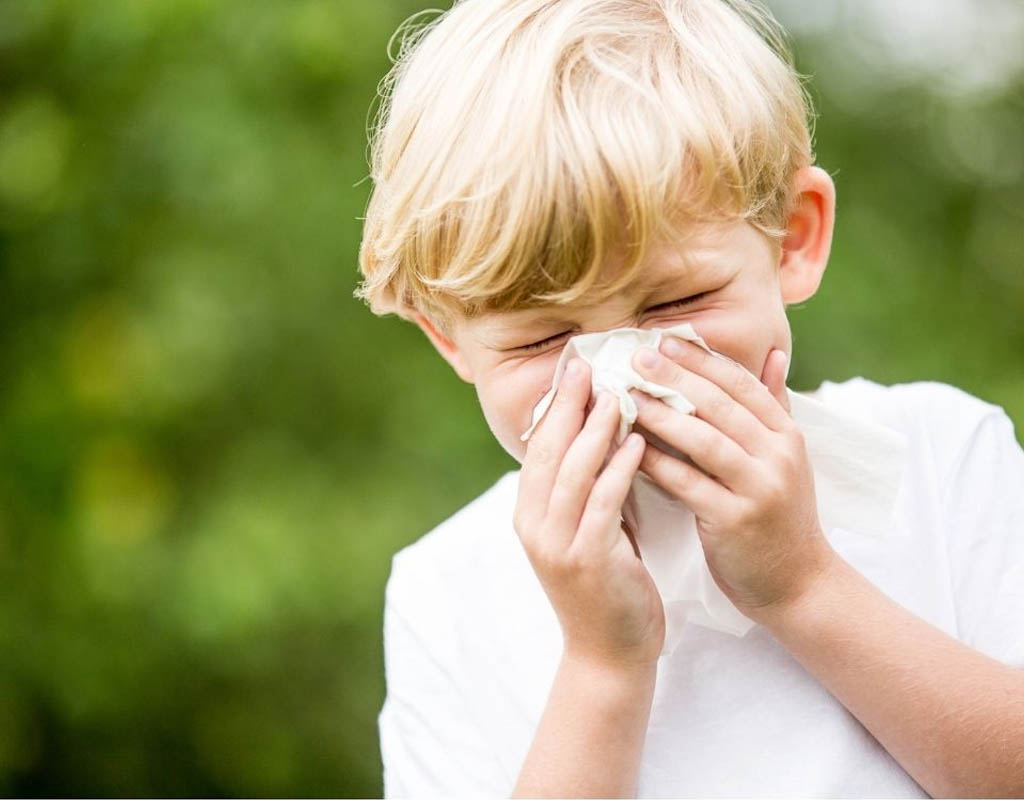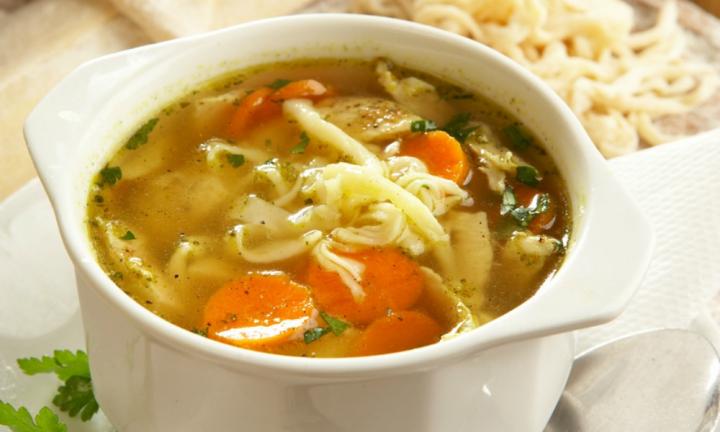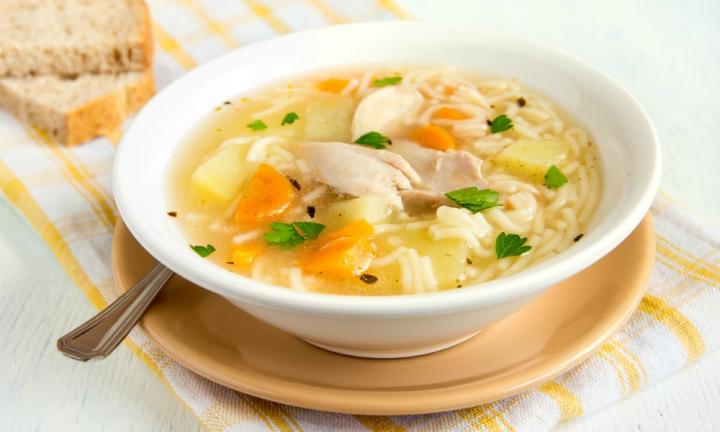It seems almost everyone has a cough or cold this winter and while there is no magic ‘cure’, it is possible to resolve those horrid symptoms quicker with a few of our tips.
After a few years of disrupted learning and work, more time off can be difficult and frustrating, not to mention how miserable we feel. We take a look at the main symptoms of winter coughs and colds and give you tips on how you can alleviate the symptoms and get back to your usual routine.
What is a cold?
Essentially a ‘cold’ is an infection of your nose and throat and is caused by more than 200 different contagious viruses that are present in the community. They are spread between people via your mucous membranes (your nose, eyes or mouth). They can spread through the air or if you touch a surface that has the virus present and then transfer it to your nose, eyes or mouth.
Because we tend to spend more time indoors over the winter cold viruses tend to spread more easily.
Cold symptoms
A few days after picking up a cold virus some symptoms will present themselves. Typically they include:
- Sneezing
- A runny nose or a blocked nose accompanied by an aching face
- Sore throat
- Cough
- Headache
- Children may get a fever although adults are unlikely to
Treating a cold
Because coughs and colds are always circulating in the community a lot of remedies and treatments have been tried. We take a look at some of our favourites and why they help. It is worth noting that because a cold is caused by a virus, antibiotics will not help.
Drinking plenty of fluids – especially water – is vital to helping your body fight a cold or flu.
A favourite over many generations, there are many reasons why chicken soup is often suggested. The warmth of the soup can soothe a sore throat and help clear a blocked nose. It is also hydrating – super important when you are fighting a virus and it is believed that it can help reduce inflammation.
Root ginger in boiling water can help soothe coughs and sore throats – or pop some in your soup! It can also help with any nausea the patient might be experiencing.
Lemon and honey drinks have the double benefit of providing some Vitamin C from the lemon while the honey can soothe sore throats and help suppress pesky coughs.
Reduce consumption of mucous-forming foods such as dairy (milk, cheese, ice-cream, yoghurt), white sugar, processed foods and eggs but include pineapple as it is great for supporting the respiratory system and may reduce the formation of mucous.
Saltwater gargles for sore throats can also be beneficial.
Adults or older children might enjoy a steamy head bath to help reduce inflammation in the nose and loosen mucous.
 Written by Robyn
Written by Robyn
Robyn creates content on Kidspot NZ. Her hobbies include buying cleaning products and wondering why things don’t then clean themselves, eating cheese scones with her friends, and taking her kids to appointments.
Favourite motto to live by: “This too will pass.”










Leave A Comment
You must be logged in to post a comment.